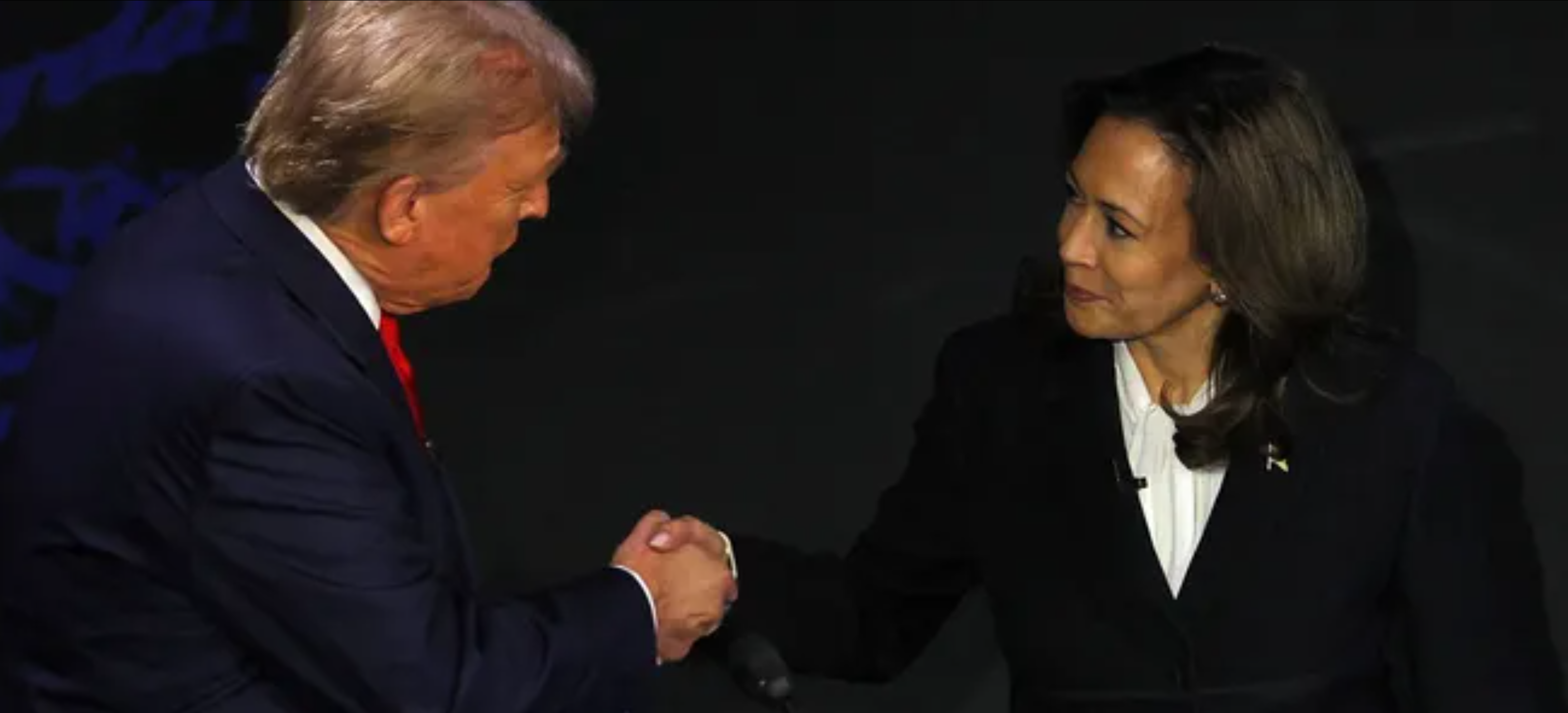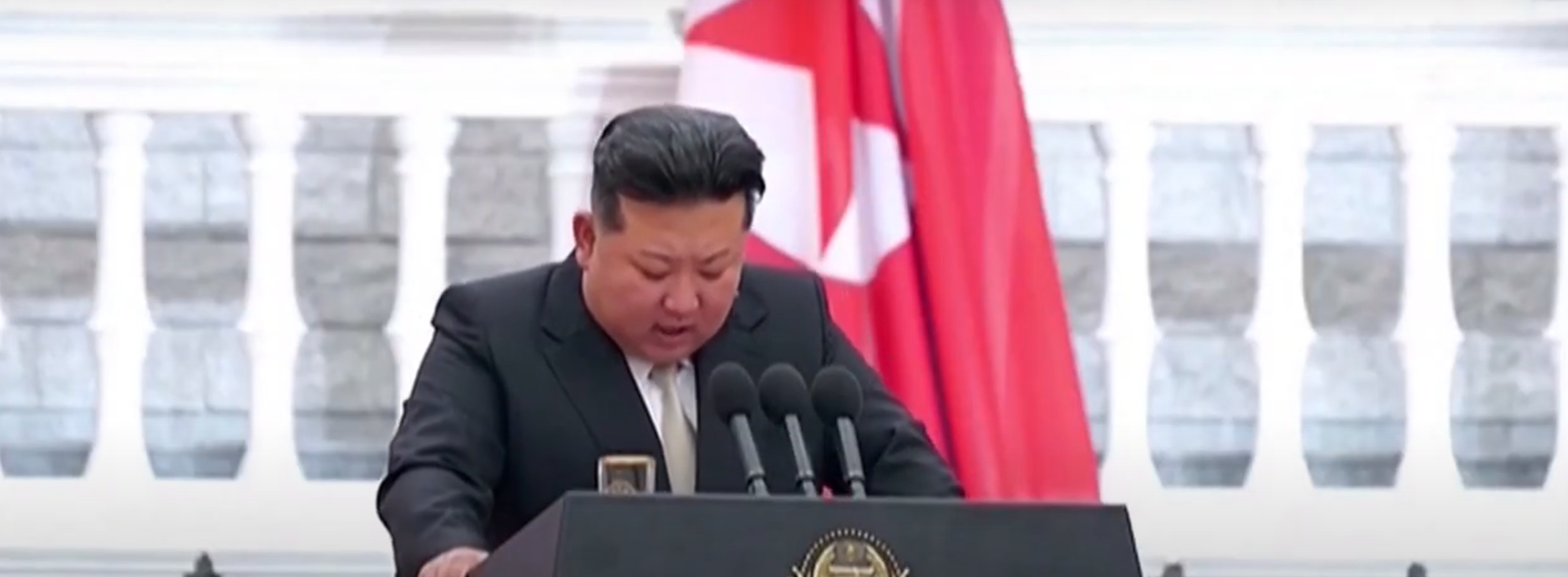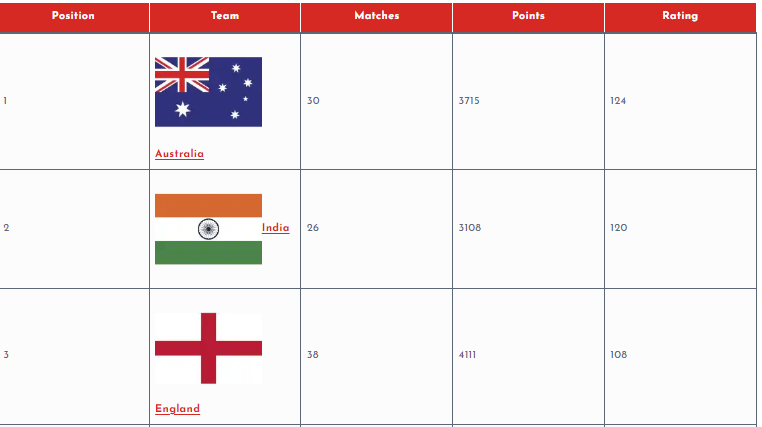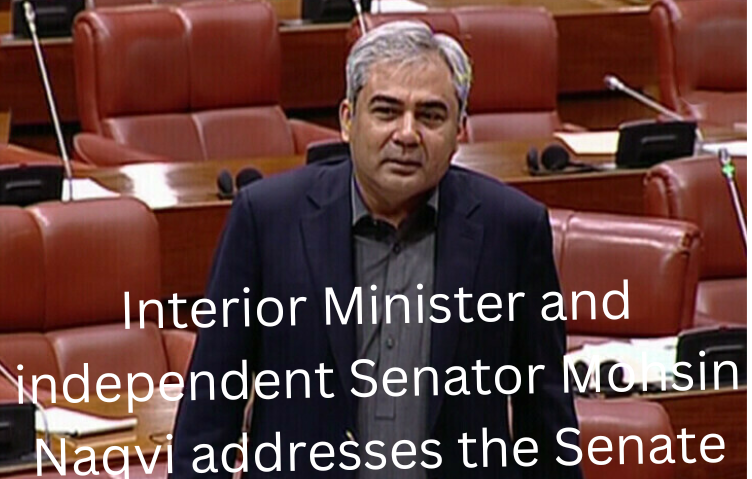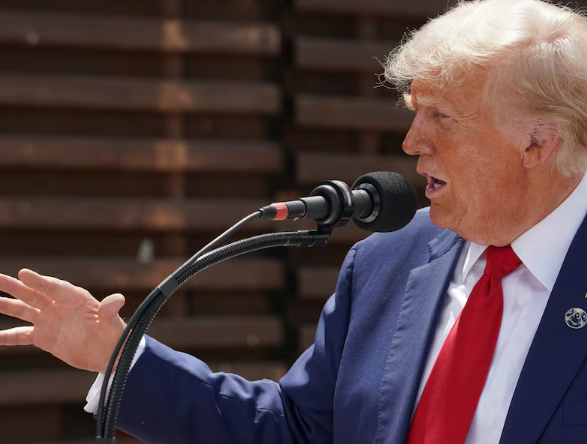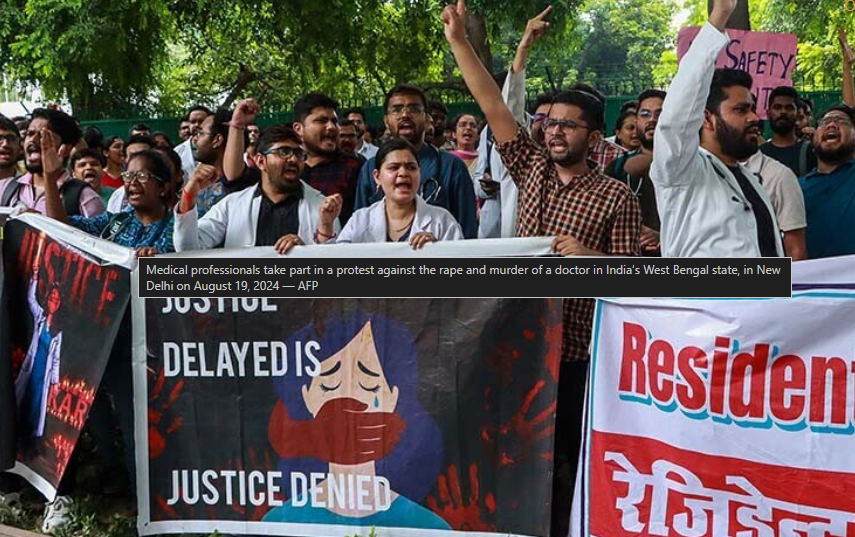
The Federation of Pakistan Chambers of Commerce and Industry (FPCCI) has made an urgent request to the State Bank of Pakistan (SBP) to reduce its policy rate to 15%. This reduction is seen as essential to help local exporters stay competitive in both regional and international markets by lowering their cost of capital.
The Call for a 15% Policy Rate
Businesses Urge SBP for Immediate Action: Atif Ikram Sheikh, the President of FPCCI, highlighted the need for the SBP to promptly reduce the policy rate to 15%. He explained that the current rate hinders exporters, who already face high operational costs. A lower rate would ease these financial burdens, enabling Pakistani businesses to be more competitive globally.
Impact on Exporters: The elevated cost of capital has consistently posed challenges for Pakistani exporters. By advocating for a reduction in the policy rate, the FPCCI hopes to create a more favorable environment for businesses, facilitating access to financing at lower costs. This would enhance the country’s export performance and contribute positively to the trade balance.
Government’s Role in Supporting Industry
Fulfillment of Government Promises: In addition to advocating for a lower policy rate, FPCCI President Atif Ikram Sheikh urged the government to honor its commitments to rationalize electricity tariffs for industries. High energy costs have been a significant challenge, especially for exporters who struggle to remain competitive due to these overheads.
Renegotiating Power Contracts: The FPCCI also emphasized the need to renegotiate agreements with independent power producers (IPPs). These contracts have historically led to high energy costs, and revising them could offer substantial relief to the industrial sector.
Criticism of Recent Monetary Policy Decisions
Too Little, Too Late: The FPCCI expressed dissatisfaction with the recent policy rate cuts by the SBP, calling them insufficient. The business community had expected more significant reductions, particularly given the notable decline in core inflation. The recent cuts, totaling just 150 basis points in June and 100 basis points in July, have not met the expectations of industry leaders.
Core Inflation as a Key Indicator: The FPCCI highlighted that core inflation has remained stable, within the 11.8-12.6% range, over the past several months. This stability supports the case for a more substantial reduction in the policy rate. The organization criticized the SBP for maintaining a restrictive monetary policy that does not align with current inflation trends.
Addressing Business Community Concerns
Queries for the Government: FPCCI President Atif Ikram Sheikh posed several questions to the government, seeking clarity on the steps being taken to secure a new IMF program and how these steps would affect the cost of doing business in Pakistan. The business community is also eager to understand the measures that will be implemented after reaching an agreement with the IMF to stabilize the economy.
Engagement with the Business Community: The FPCCI emphasized the importance of involving the business community in discussions about economic policies. Greater transparency and communication between the government and the business sector are essential, particularly regarding policies that directly impact businesses’ operations and profitability.
The Need for Alternative Policy Tools
Focus on Core Inflation: FPCCI Vice President Nasir Khan suggested that the SBP should prioritize core inflation over Consumer Price Index (CPI)-based inflation in its policy decisions. Core inflation excludes volatile components such as food and energy, providing a more accurate measure of underlying inflation trends.
Ineffectiveness of Recent Policy Rate Hikes: Despite substantial increases in the SBP policy rate, from 9.75% to 22% over six quarters in 2022 and 2023, CPI inflation has remained high. This persistence indicates that other policy tools may be necessary to effectively manage inflationary pressures.
A Call for Comprehensive Economic Reforms: The FPCCI’s call for a reduction in the policy rate to 15% is part of a broader push for comprehensive economic reforms. Lowering the policy rate, rationalizing electricity tariffs, and renegotiating power contracts are critical steps that could help stabilize Pakistan’s economy and improve the ease of doing business. The government and SBP must consider these recommendations to create a more favorable environment for growth and competitiveness in the export sector.





